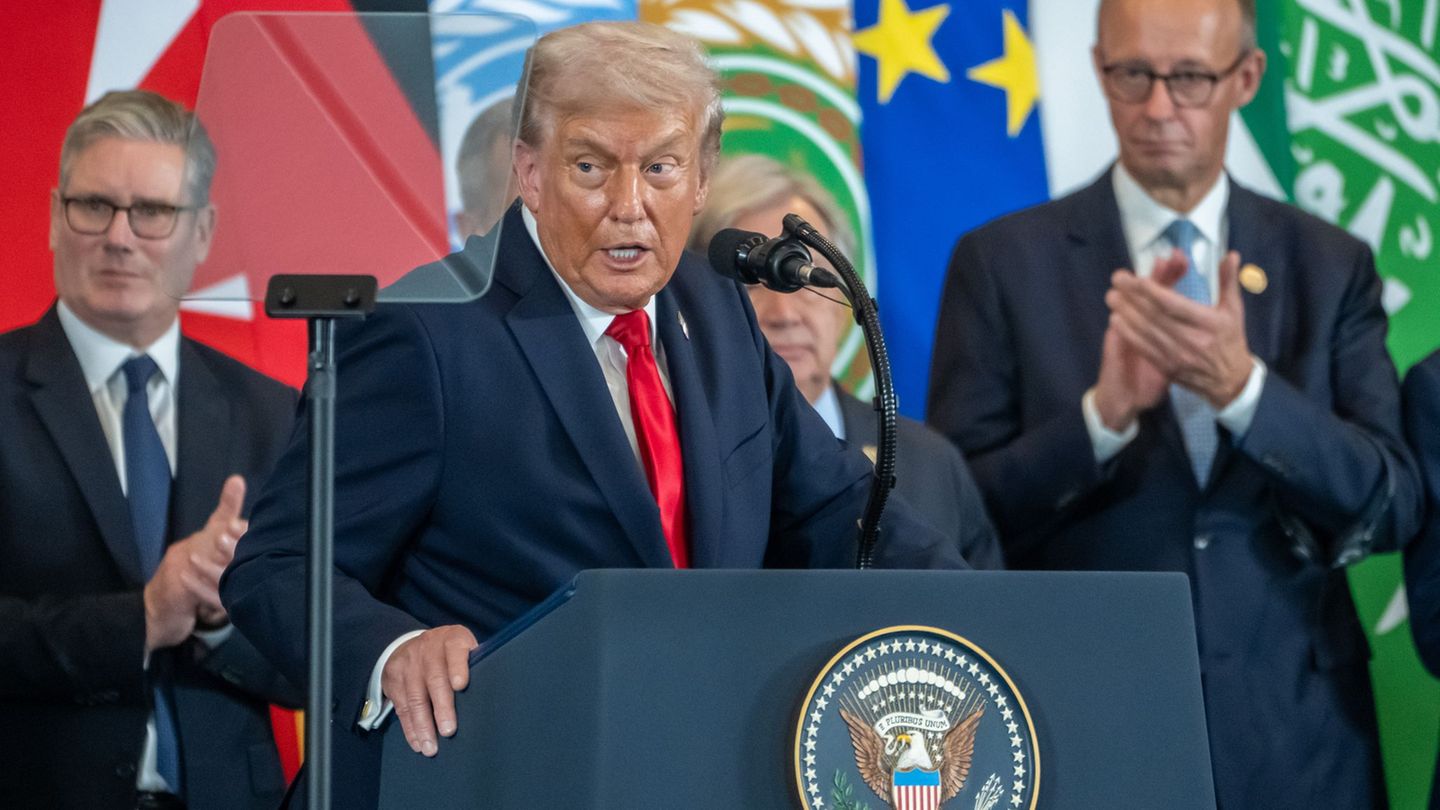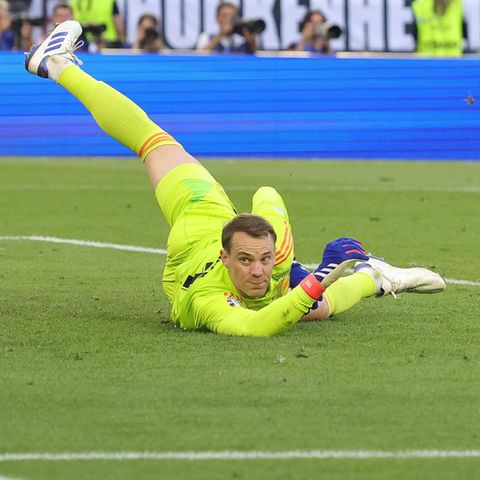I have been working in the news industry for over 6 years, first as a reporter and now as an editor. I have covered politics extensively, and my work has appeared in major newspapers and online news outlets around the world. In addition to my writing, I also contribute regularly to 24 Hours World.
Menu
Situation at a glance: Zelenskyj: Germans are more reluctant to support than others
Categories
Most Read
Venezuela closes embassy in Oslo after Nobel Peace Prize award
October 14, 2025
No Comments
Compulsory military service: AfD faction leadership around Weidel initiates withdrawal
October 13, 2025
No Comments
Conscription, yes please! The surprising result of a survey
October 13, 2025
No Comments
Middle East: Macron remains “concerned” about Hamas despite Gaza declaration
October 13, 2025
No Comments
Nursing care insurance: Warken: Check the effects of nursing services
October 13, 2025
No Comments
Latest Posts

The City Police arrested 49 trapitos and captured a fugitive during the operation in the River–Sarmiento
October 14, 2025
No Comments
October 13, 2025 – 23:05 Within the framework of the Safe Tribune program, 49 illegal car guards were detained, 44 people with the right of

Gaza Agreement: After Trump’s Middle East trip: What’s next in Gaza?
October 14, 2025
No Comments
IvanI have been working in the news industry for over 6 years, first as a reporter and now as an editor. I have covered politics

Manuel Neuer: Julian Nagelsmann criticizes the goalkeeping debate
October 14, 2025
No Comments
Return of Manuel Neuer? Nagelsmann criticizes the goalkeeping debate at the DFB A possible return of Manuel Neuer to the DFB goal has been discussed
24 Hours Worlds is a comprehensive source of instant world current affairs, offering up-to-the-minute coverage of breaking news and events from around the globe. With a team of experienced journalists and experts on hand 24/7.

